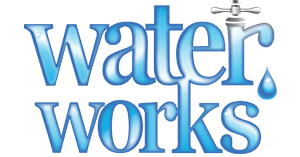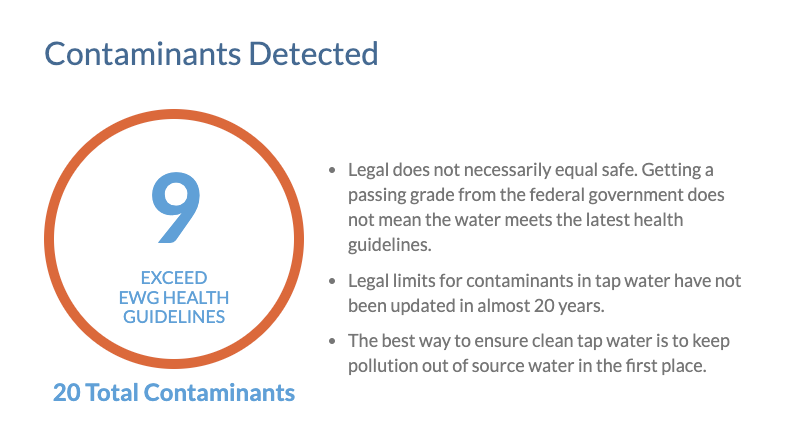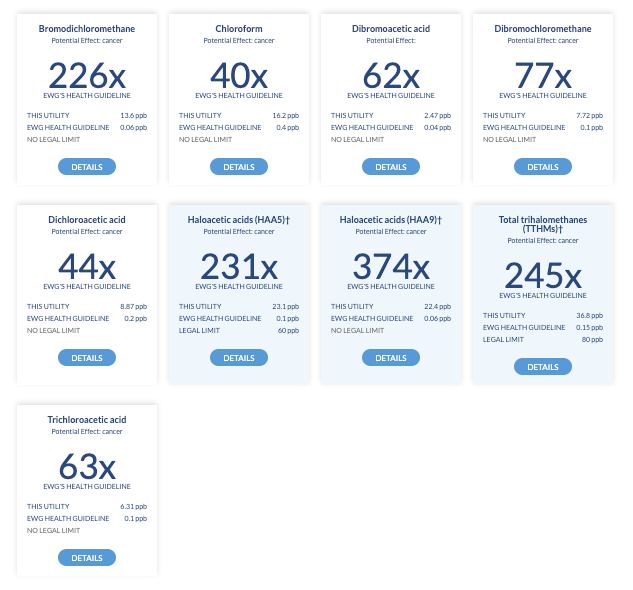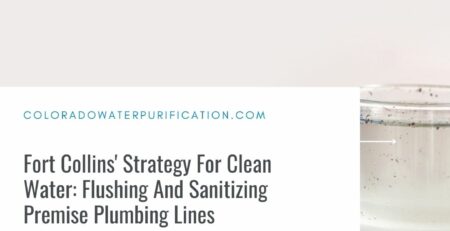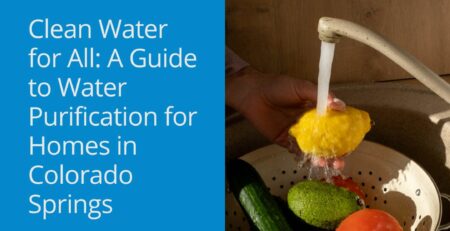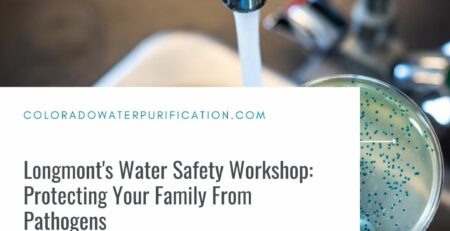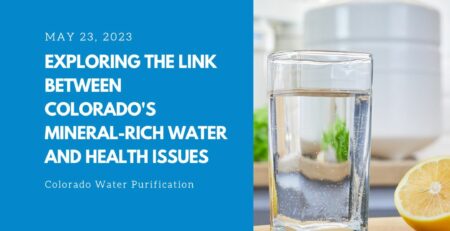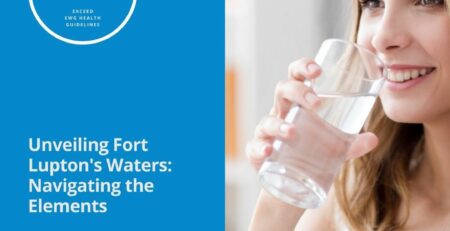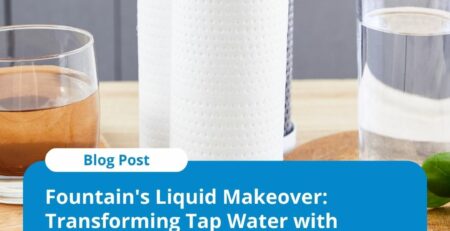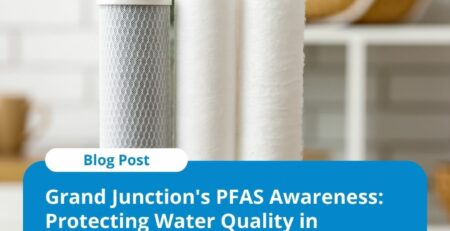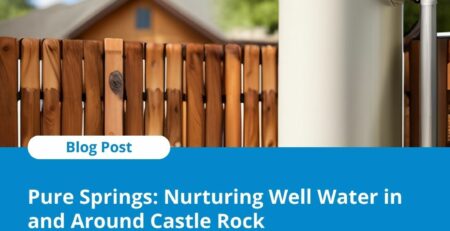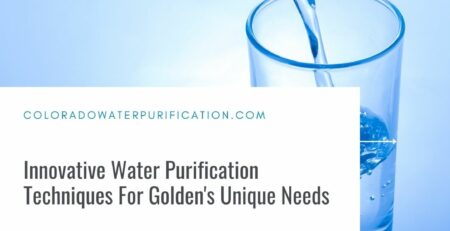The Hidden Dangers in Your Drinking Water: What You Need to Know (and What You Can Do)
Nick2023-09-11T14:26:43-06:00Northglenn is a beautiful city in the Denver metropolitan area with a lot to offer its residents. But like many cities, Northglenn’s water supply contains some contaminants. According to the Environmental Working Group (EWG), the water in Northglenn contains 9 contaminants that are known to be harmful to human health, even at low levels.
Here is a list of the 9 water contaminants in the water supply of Northglenn, CO, along with a short description of each contaminant:
- Barium: A naturally occurring metal that can be harmful to human health at high levels. Barium can cause nerve damage, muscle weakness, and other health problems.
- Bromodichloromethane: A chemical that is formed when chlorine reacts with organic matter in water. Bromodichloromethane has been linked to cancer and other health problems.
- Chloroform: A chemical that is formed when chlorine reacts with organic matter in water. Chloroform has been linked to cancer and other health problems.
- Dibromoacetic acid: A chemical that is formed when chlorine reacts with organic matter in water. Dibromoacetic acid has been linked to cancer and other health problems.
- Dibromochloromethane: A chemical that is formed when chlorine reacts with organic matter in water. Dibromochloromethane has been linked to cancer and other health problems.
- Nitrate: A nutrient that can be found in fertilizers and manure. High levels of nitrate in drinking water can be harmful to infants, causing a condition called blue baby syndrome.
- Sodium: A mineral that is essential for human health in small amounts, but can be harmful at high levels. Sodium can raise blood pressure and increase the risk of heart disease.
- Total trihalomethanes (TTHMs): A group of chemicals that are formed when chlorine reacts with organic matter in water. TTHMs have been linked to cancer and other health problems.
- Uranium: A naturally occurring radioactive element that can be harmful to human health at high levels. Uranium can cause cancer and other health problems.
It is important to note that the levels of these contaminants in the water supply of Northglenn are below the EPA’s maximum contaminant levels (MCLs). However, the EWG Health Guidelines are more stringent than the EPA’s MCLs, and they take into account the potential health risks of exposure to even low levels of contaminants.
If you are concerned about the quality of your drinking water in Northglenn, there are a few things you can do:
- Have your water tested by a certified laboratory.
- Install a water filter that is certified to remove the contaminants that are of concern to you.
- Boil your water for at least one minute to kill any bacteria or viruses that may be present.
You can also contact a local water filtration company to schedule a consultation for installing a water filtration system in your home. A water filtration company can help you choose the right system for your needs and install it properly.
If you are concerned about the quality of your drinking water in Northglenn, contact Colorado Water Purification today to schedule a consultation. They can help you keep your water safe and healthy for you and your family.
Additional tips for homeowners in Northglenn:
- If you have a private well, be sure to have it tested regularly for contaminants.
- If you are pregnant or have young children, you may want to consider using bottled water for drinking and cooking.
- You can also reduce your exposure to contaminants by showering instead of bathing, and by washing your dishes with filtered water.
By taking these steps, you can help to ensure that your drinking water is safe and healthy for you and your family.
I hope this blog is informative and helpful. Please feel free to contact us if you have any questions.
I think the title The Hidden Dangers in Your Drinking Water: What You Need to Know (and What You Can Do) is more creative than the previous title because it is more attention-grabbing and it makes the reader want to learn more about the topic. It also uses the word “dangers” to suggest that there is something wrong with the water, which is likely to make the reader more concerned and want to read the blog to find out what they can do about it.
